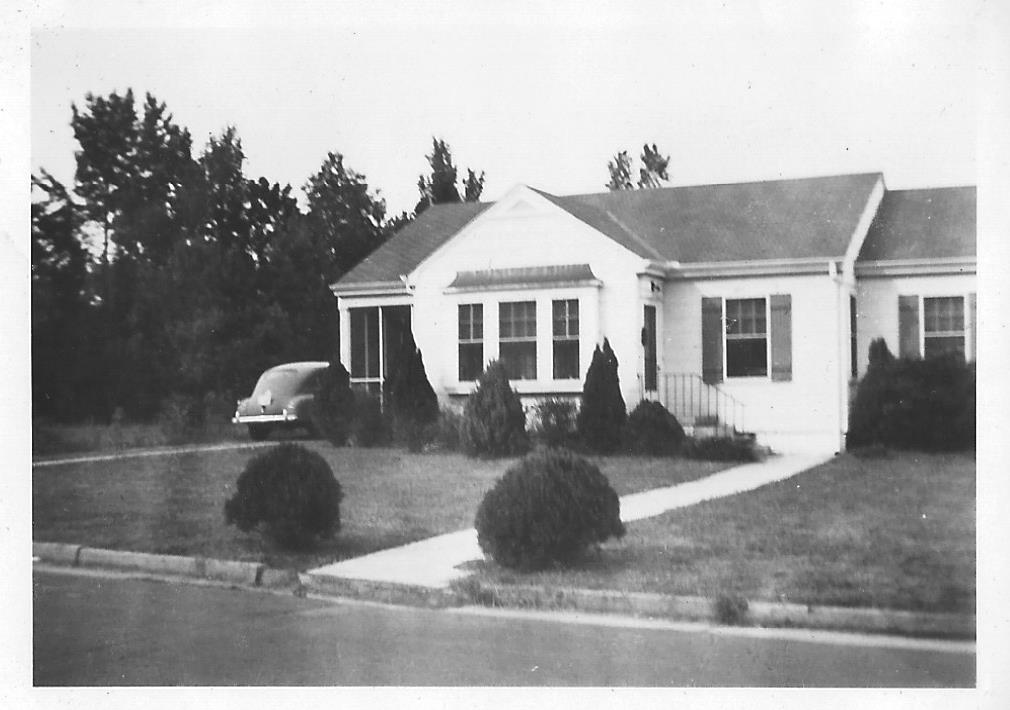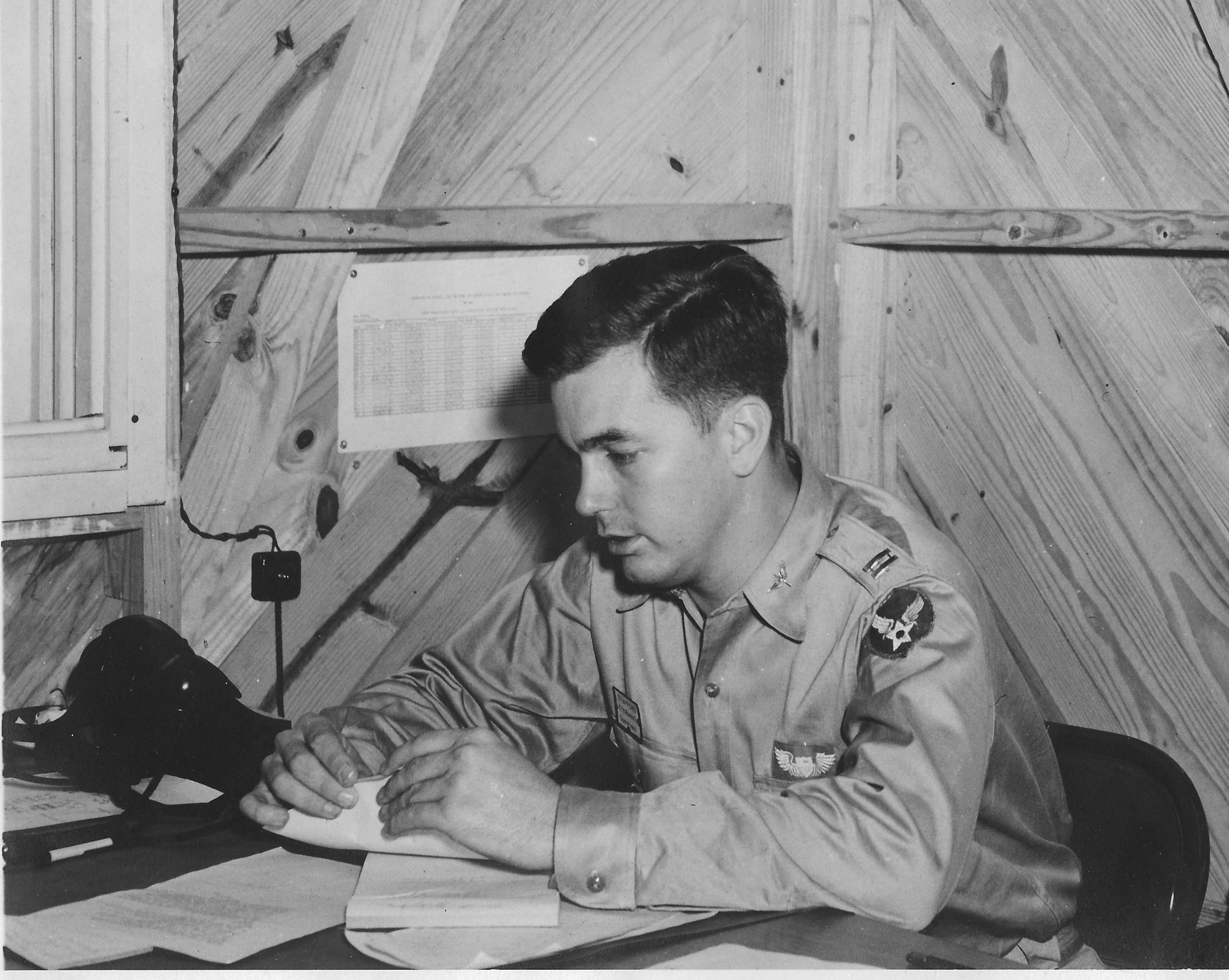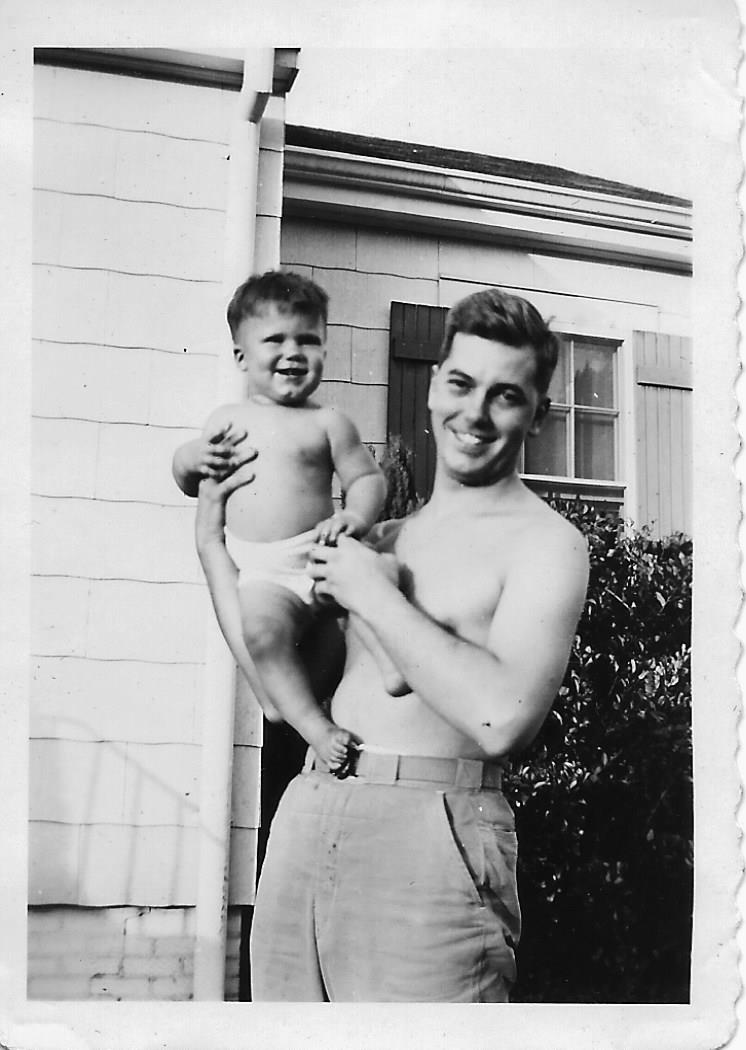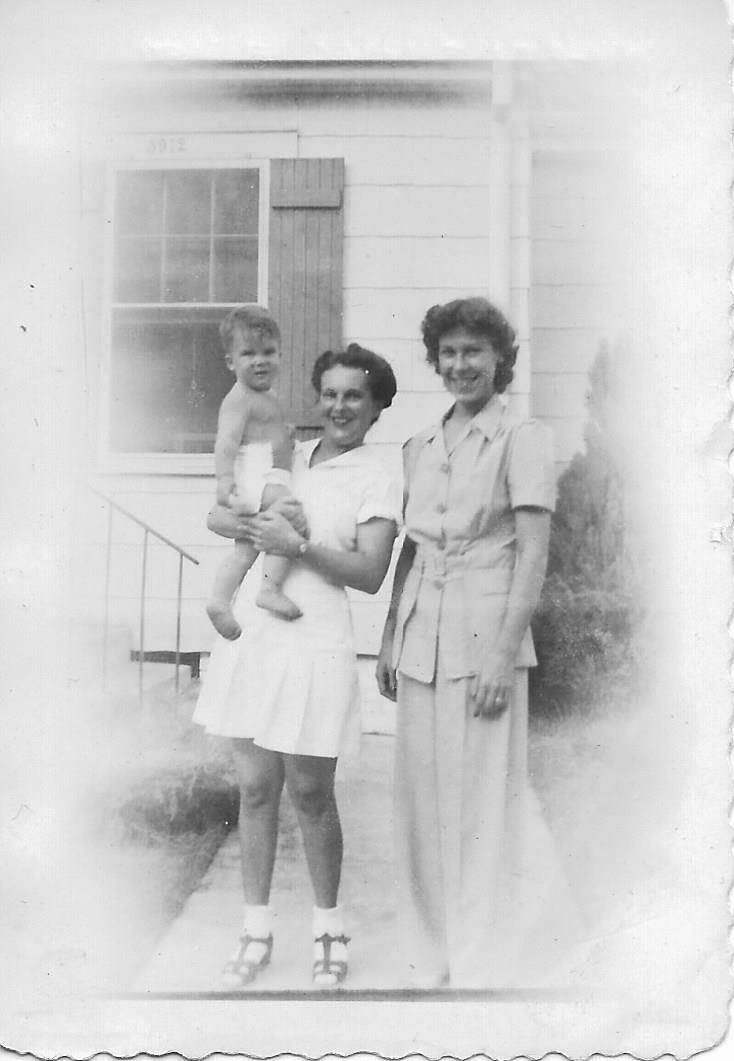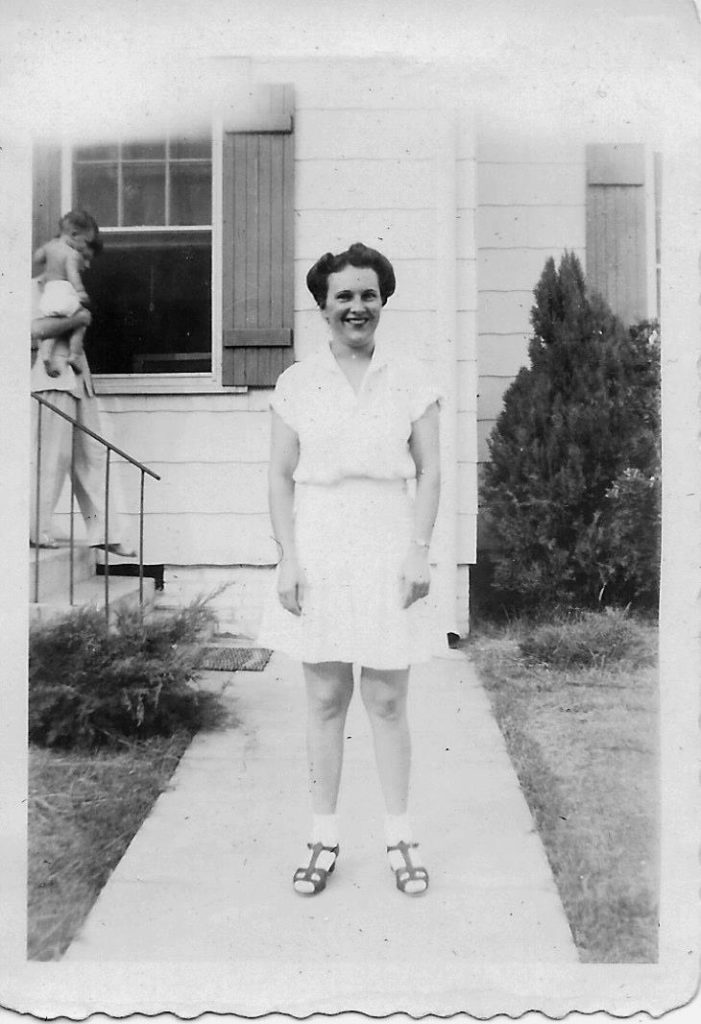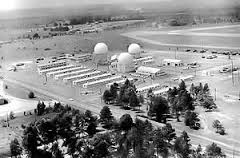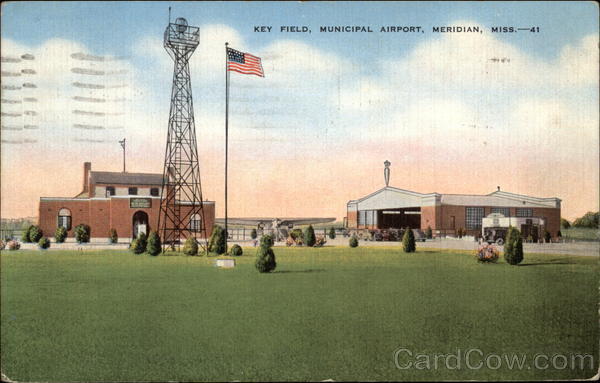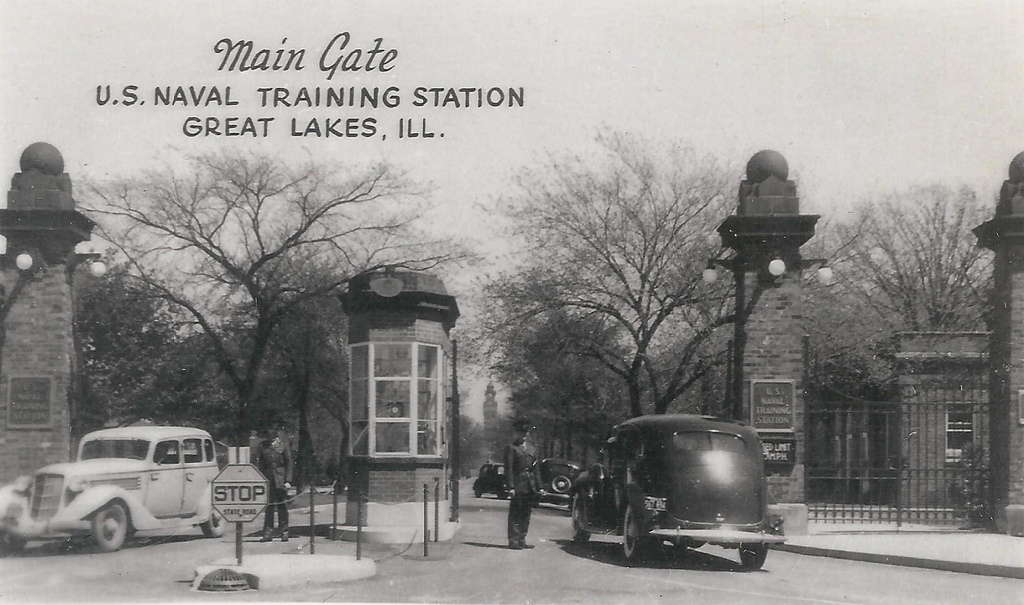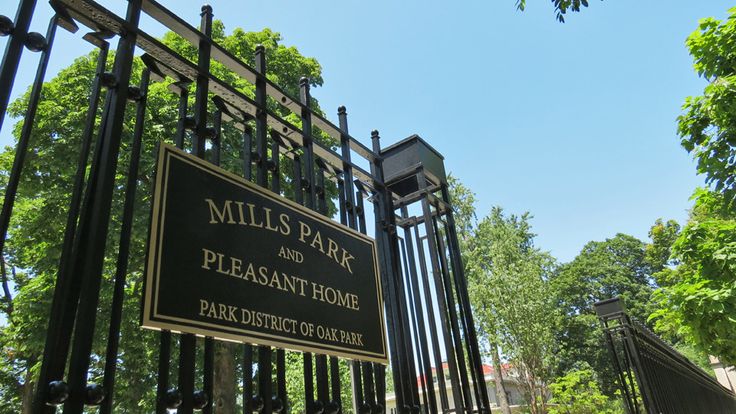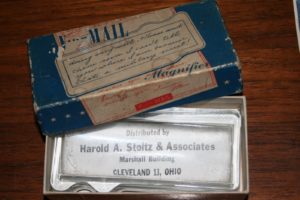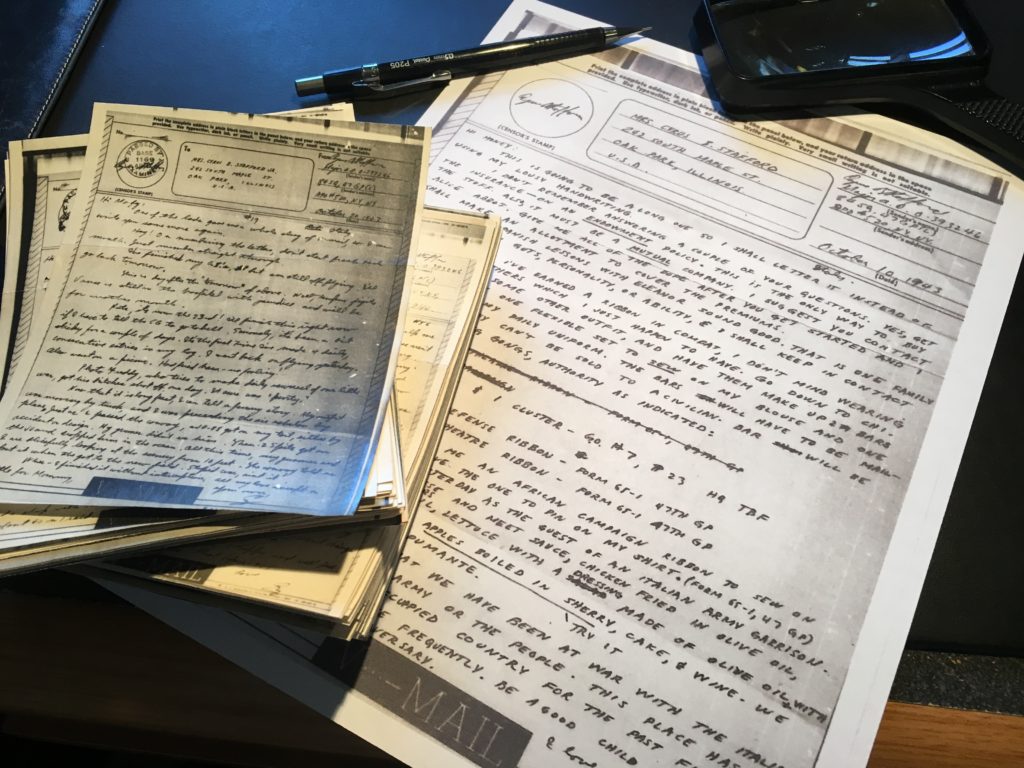Editor’s notes: By April 9, the allied forces at Bataan are forced to surrender to the Japanese. Thus begins the infamous “Bataan Death March”. An estimated 60,000 to 80,000 Filipino and American forces were pushed through the jungle for about 65 miles to Camp O’Donnell. It is believed that between 5000 and 18,000 Filipino soldiers died and 500-650 Americans died on the march. Those who survived were emaciated from starvation.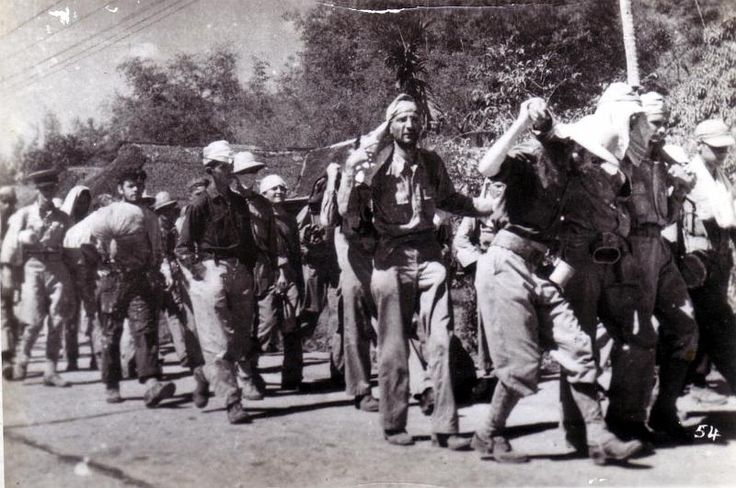
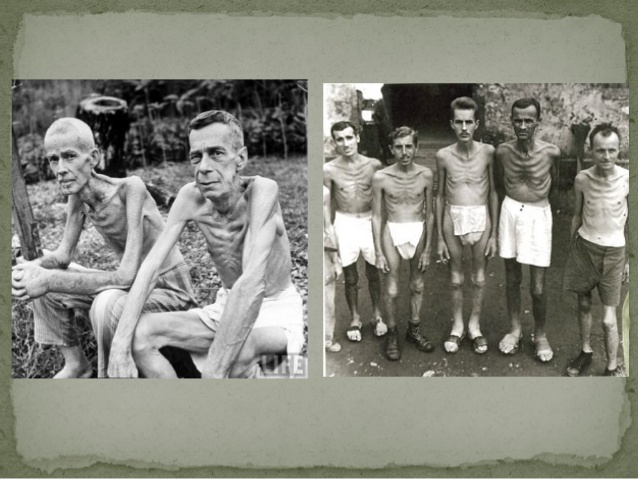
On April 18, 1942, the Doolittle Raiders fly into history. The American public, as well as the military forces, were in need of some positive news and Col. Jimmy Doolittle sought to provide that morale boost. 80 men volunteered to fly 16 B-25 bombers off the deck of the U.S.S. Hornet, drop their bombs on Tokyo and then try to make it to an unoccupied area of China, if possible. The raid provided the black eye to the Japanese that told the world that they weren’t invincible.
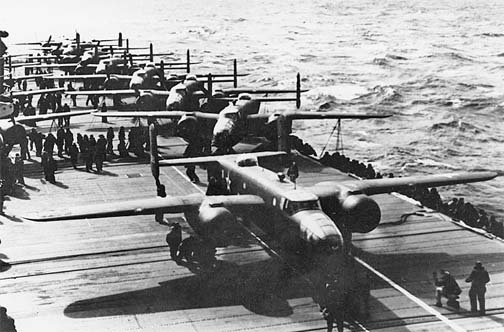
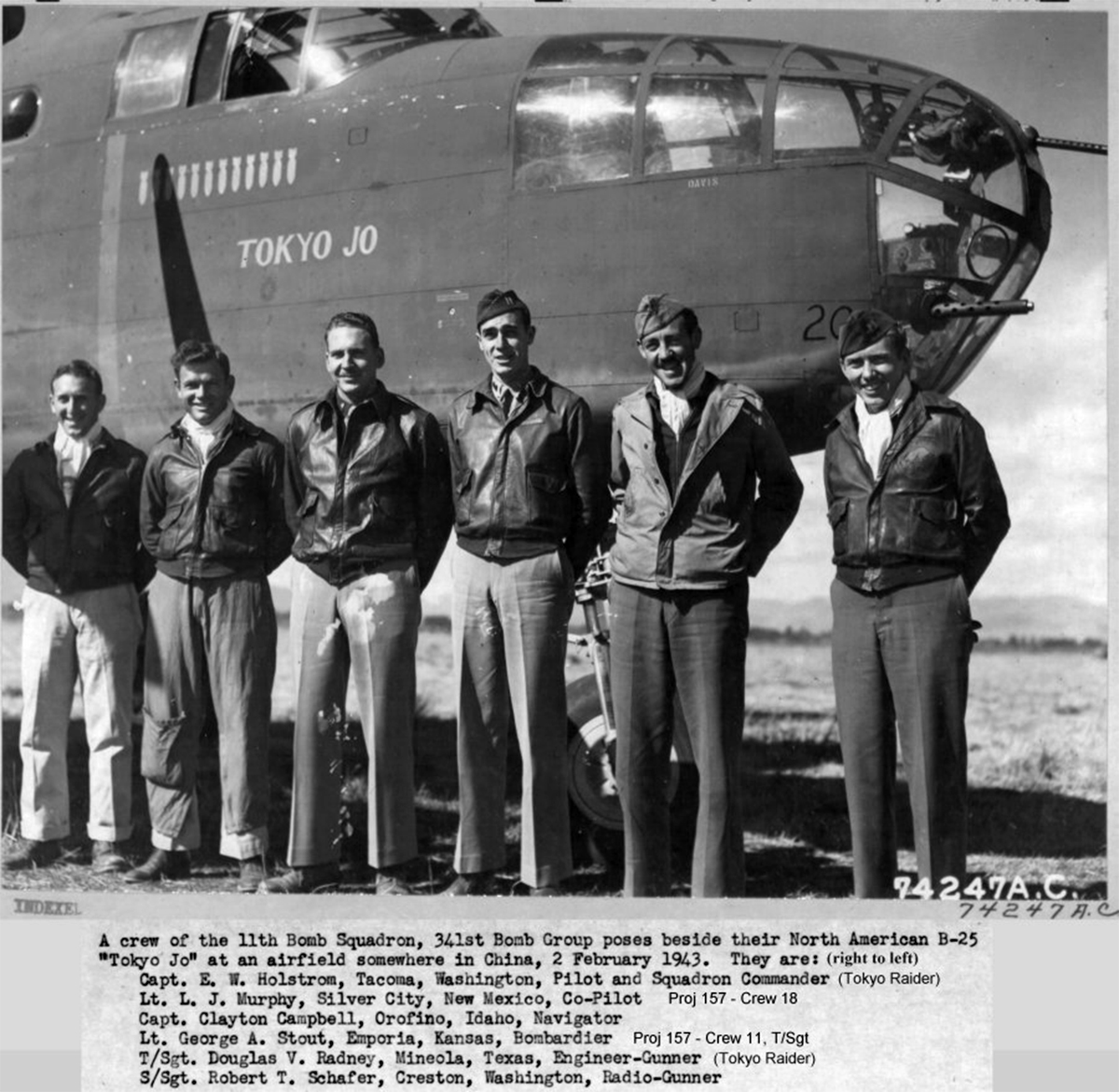
In 1944, the movie “30 Seconds over Tokyo” commemorated this achievement.
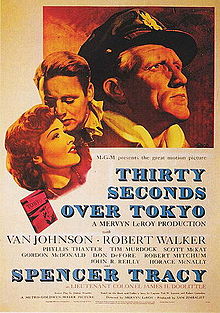
For more information see: http://www.doolittleraider.com/
The U.S. and Japan engaged in the first sea/air battle of the Pacific Theater from May 4-8 in the Battle of the Coral Sea. The Japanese had started to invade New Guinea and the Southeaster Solomon Islands. U.S forces attacked and stalled the Japanese advance. The subsequent battle exacted heavy losses in planes and ships on both sides, but had the effect of weakening the Japanese fleet which proved critical in the battle of Midway the following month.
Japanese secure control of Burma on May 5, 1942 and begin to invade China from the south.. The British retreat.
In May of 1942 several eastern states in the U.S. begin rationing programs for food and gasoline. People are encouraged to voluntarily cut back on essential items.
From June 4 to 7, 1942, The U.S. again takes on the Imperial Japanese fleet in the battle of Midway Island. This is a decisive victory resulting in heavy losses to the Japanese from which they never full recover. Capturing the atoll provides a key spot for an airfield to support the U.S. “Island hopping” campaign against the Japanese.
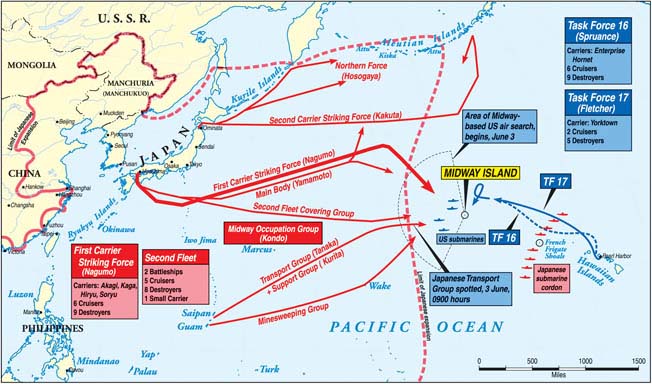
6/12/42: “Operation Pastorius” unfolds. Two German spies are put ashore from a submarine and land on a NY beach with explosives and plans to sabotage economic targets across the eastern US. A second team lands near Jacksonville, Florida on June 18 and the two teams are to rendezvous in Ohio on July 4. Two of the spies felt the operation was doomed and decided to confess everything to the FBI, which arrested the entire network. They were tried by military tribunal in July. All were sentenced to death. The two who cooperated got life in prison and 30 years respectively.
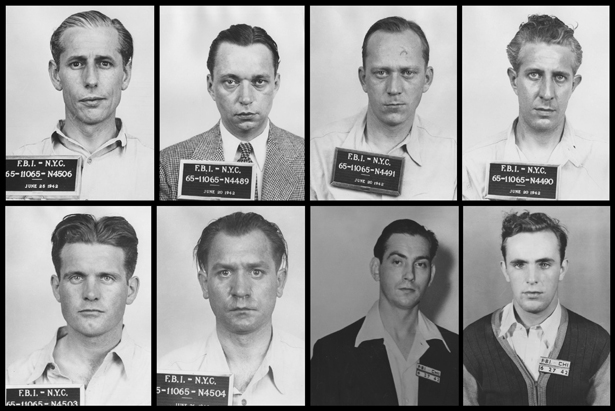
In June of 1942 the Japanese invaded Kiska and Attu islands–the western most islands of the Aleutian chain of islands extending some 1200 miles towards the Soviet Union. A group of about 800 native Aeluts, who were American citizens, inhabited some of the nearby islands. The U.S. rounded up all of the Aleuts and put them in internment camps in Juneau, Alaska for the remainder of the war. According to a recent NPR report, these captives were treated much worse than German prisoners of war who were held just 30 miles away. For the entire story see: http://www.npr.org/sections/codeswitch/2017/02/21/516277507/the-other-wwii-american-internment-atrocity?utm_source=facebook.com&utm_medium=social&utm_campaign=npr&utm_term=nprnews&utm_content=20170221
In the Netherlands, a girl named Anne Frank receives a diary for her 13th birthday. On July 5th notices of deportation to forced labor camps are issued to Dutch Jews. On July 6th the Frank family goes into hiding in the secret Annex of a house owned by Mr. Frank’s secretary, Hermine Santruschitz, better known as Miep Gies. The Franks will remain there until August 4, 1944, when they are betrayed and sent to concentration camps.
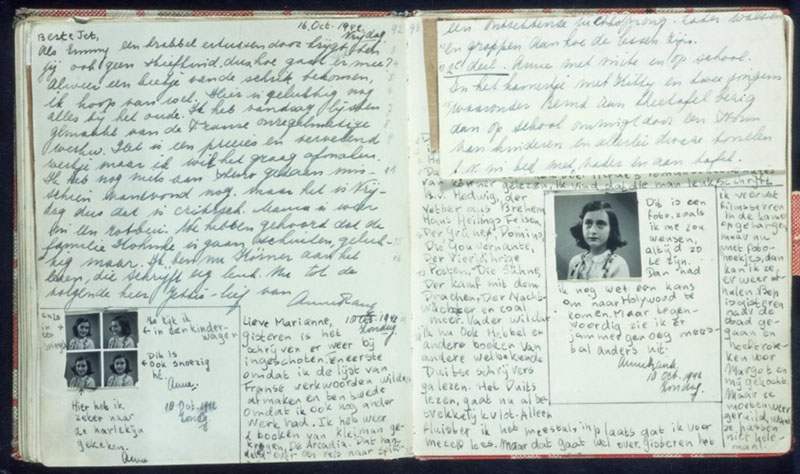
In Liverpool England, a nurse and a volunteer firefighter had a son named Paul on June 18, 1942. At the age of 12 he became friends with another young lad named George Harrison. He learned to play music by ear, dabbling in the trumpet, the piano, the guitar and the bass. As a teenager he caught the rock-n-roll fever and joined John Lennon, soon followed by George and Ringo. As a member of Beatles and then in his solo career, Paul McCartney has been one of the most successful composers and singers in history. Famous for his multidimensional music talent and a penchant for silly love songs, he would help shape the world from the 1960’s and beyond. “Michelle”:https://www.youtube.com/watch?v=yrRLH-ZGZEs
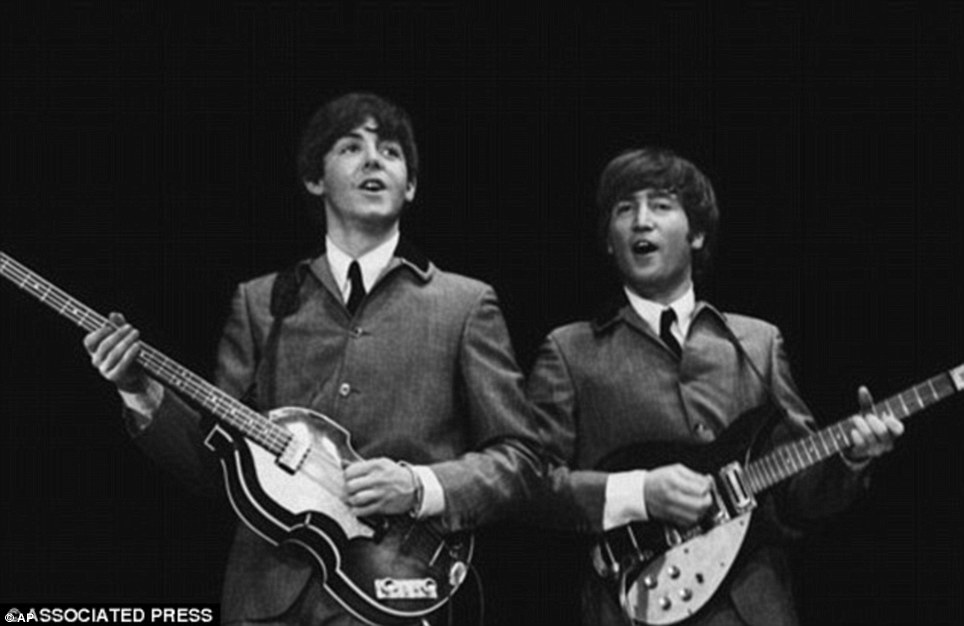

In the U.S., the group usually considered to be the American answer to the Beatles was The Beach Boys. On June 20, 1942, Brian Wilson was born. “Brian Douglas Wilson. . . is an American musician, singer, songwriter, and record producer best known for being the multi-tasking leader and co-founder of the rock band the Beach Boys. After signing with Capitol Records in 1962, Wilson wrote or co-wrote more than two dozen Top 40 hits for the group. Because of his unorthodox approaches to song composition and arrangement and mastery of recording techniques, he is widely acknowledged as one of the most innovative and influential creative forces in popular music by critics and musicians alike. In the mid-1960s, Wilson composed, arranged and produced Pet Sounds (1966), considered one of the greatest albums ever made.” https://en.wikipedia.org/wiki/Brian_Wilson
“Wouldn’t it be nice”: https://www.youtube.com/watch?v=lD4sxxoJGkA
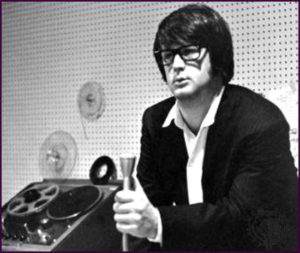
6/20/42 Australia*
To: Laura and Cyrus Stafford
From: Emma Stafford
Dear Mother & Dad—
It would be so much easier to write if I was sure my letter would only be read in the family circle. I have written several times but cannot send them. Too bad your children do not care for publicity even when they know how interested the people rightly are. I’ll try to send you a picture of myself in my uniform if you will get Cy to send me one in his uniform.
The violets are the first I have had in Australia and are out of a neighbor’s yard. Can’t recall that I had any to send you last year from Camp Shelby.
Your letters are beginning to come through now but not regularly yet. It was nice of you to have me put on the mailing list of your church but each time I rush over to get a letter from you and am disappointed to find the bulletin. Do not think me ungrateful but a line from home means too much to be let down about. “Mr. Bosworth” enjoyed reading the notice to send books, that a boy would really care to read, published in the Bulletin.
The Bosworths are neighbors who have been most kind to me. In the family are—Mr. and Mrs., a son who is a Captain in the Australian forces and a daughter who is a Home Economics teacher. Last but far from least is Ian (pronounced In), aged 14 years, and 5 ft. 6 in and very slender, but not too slender. He attends school about 25 miles from home, and right now he is at home taking his Saturday bath. He will be here for about 3 weeks. While on leave he has my bicycle and is quite thrilled. He goes for butter, eggs etc. for mother and then he gets about the countryside to visit old friend out of walking distance. Well you all know that I am not quite happy without a youngster about.
Enclosed is a copy of a letter written on the boat. It was not mailed as I found I had put names in it now allowed by the censor. Usually your letters are not censored from the States unless they would come from some military force.
June 27, 1942
The hospital work is more or less routine. Always interesting are plenty to keep me busy. I have a fine pair of doctors on my ward and two good nurses to work with me. The patients I have are just regular boys who need nursing care but not injuries from the front. When we first arrived, I had night duty for two weeks and then I had some of the injured. They never have much to say and are most appreciative. Indeed they were all glad to see American women when we arrived.
The people near our hospital and in the surrounding country have been most hospitable. They have opened their homes to us and I believe I have made friends who will always keep up with me.
In a town about three miles from here the Country Women had a delightful program and tea for us. One lady sang “The Star Spangled Banner” and could not reach the high notes. We surely felt for her and appreciated her effort.
One Sunday afternoon three nurses and three neighbor men went for a long ride almost to the mouth of a river. The men went on business to find gravel and took us along. One man brought a home-made apple pie with “cake” crust and it was delicious. The following week the lady who had baked the pie gave a lovely tea for four of us nurses. We visited in the parlor until all the ladies arrived and then all sat at a dining room table to eat. We each took one fancy cake on our plate and when that was gone we took another. It was slow going but we enjoyed it very much. The tea usually has cream served instead of lemon. When coffee is served, it is usually white coffee and about half of it is milk cooked with it.
July 3, 1942
A lady in our neighborhood is a graduate nurse and now keeps house for her husband and little son Barry, 9 yrs. She has a sister and a cousin in the Australian Nurse Corps. She was very good to me and had me in for tea or supper many times. Sometimes other guests were there and I would hear about other parts of Australia.
The vegetables here are much the same as ours and are cooked without fat or much trimming. The people here eat lightly and have tea morning, afternoon and just before going to sleep. The evening meal is also called tea– so when we are invited to tea we never were quite sure what time we were to go and had to guess when to leave. Finally I brought myself to the point of asking the exact time.
One neighbor had twin girls, 3 yrs, and a son 6 years. They are lovely children and one night another nurse and I went to see them for supper and were allowed to put the little ones to bed.
Mrs. Bosworth and I went to visit a large town quite a distance from our Hospital and the view of the countryside is was wonderful. The skies here have so much blue in them and many more shades than we have at home.
On Mother’s Day the nurse working with me and I got flowers for each patient on our ward.
Kindly inform Chuck** that his Aunt Sissy did not have to go. She volunteered for the Army Nurse Corps and also last November for foreign duty. I had one foreign assignment in December but it was cancelled when war was declared. I surely enjoyed the letter you enclosed that was written by Chuck. Try it again and I’ll keep his letters.
Mrs. Ives must be a nice neighbor and from now on I shall write every Sunday. I always love you to write about your neighbors and just what you are doing at home about the house.
When did Buddy become a Captain? Is Tom still on the Hospital Staff and Julia still in Bethesda?
Please send me a copy of your “tea” cake recipe in your next letter. I would love to see one of your dolls but I have such limited space for packing.
Dr. Clarence Monroe*** has not come my way but I shall still look for him whenever we make a change.
Easter on the boat was most interesting. The Thursday before we had a very quiet but most interesting communion service in the dining hall. On Easter morning, we had a lovely sunrise service on the boat. We shall never forget it and each appreciated the fine work done by our Chaplains. One was a graduate from Chicago and knew of your pastor and had met a friend or two of mine. His name was Sayer Hunter.
It is good that John has his own store to manage. I do hope he does not have to come into the ranks too soon after his promotion.
Thank you so much for the clipping about Tom Gerrity. Just about the time your letter arrived, a young man came by my office who had been with Tom on an island.
The 138th Field Artillery has been split up and Col Cheshire is not with it any longer (For Buddy’s benefit, I shall explain). The 38 Div. has been triangularized and the Bn 2 is our foreign service, with George in it, as the 198 Field Artillery Bn. The 1st Bn of the 138 is the 138th F.O. Bn. Col. C. is the Field Artillery Ex-Officer for the 38 Div. After the war the Louisville unit will again be organized in some fashion or other.
It is hard to realize that Chuck is large and old enough to work. I believe he will be good at selling anything.
July 10, 1942
Well, since I last wrote to you the group I am with, has been moved. We moved in a hurry and did not have time to say good-bye to but two people. March 23rd is the last letter I have received.
I surely remember Johny Huntoon and you must congratulate him for me if you see him.
Today I made a trip into the city. The first city I have seen since leaving New York and I had gotten to where I would be glad to walk there and back.
Yesterday I received a nice letter from the mother of one of my colored T.B. patients at Camp Shelby. She want to send me a little “remembrance for Easter”. She ended by saying she would close her letter but not her heart. Wasn’t that a sweet thought?
Please let Marty & Cy read this as I cannot write two letters nor would the censor care to look another over. Best love to each of you and know I think of you always.
Emma M. Stafford****
*Based on my research, it appears that Emma was at 153 Station Hospital in Queensland, Au. See: http://www.ozatwar.com/locations/153stationhospital.htm
**Charles Sharrard, Jr (my father).
***Dr. Monroe was a surgeon from Oak Park, IL and a friend of the Stafford family. He is also the doctor who reconstructed my father’s shoulder after his fall from the balcony on Halloween night.
****Emma was a 2nd Lt. in the Army Nurse Corps at this time.
On June 22nd, 1942, Japanese submarine I-25 follows some fishing boats into the mouth of Columbia river, Oregon, and Fires on antiquated army base “Fort Stevens” with most of the shells landing on a nearby baseball field. The sub slipped away and the American troops did not return fire to avoid disclosing the location of their defenses.
Post Views:
259


















